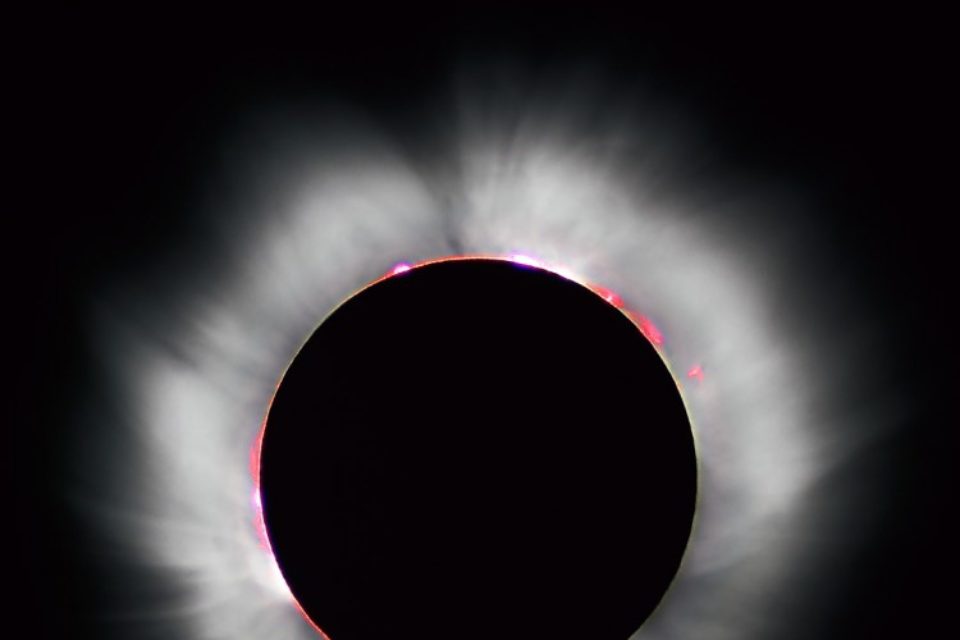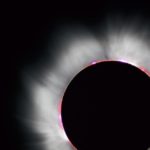Will wildlife be fooled into bedding down for the night during the eclipse?

Coverage of the August 2017 solar eclipse is brought to you by Shoshone Rose Casino and Hotel.
#wyoclipse
JACKSON HOLE, WYO – What will the eclipse be like? How dark will it get? How will wildlife react?
Buckrail read with great interest an eclipse blog by EcoAdventure guide Josh Metten that covers some history of eclipses, a little bit of science, and some speculation on what wildlife may do during the two minutes and 15 seconds of total darkness that will be experienced in Jackson Hole during the Total Solar Eclipse 2017.

Thomas Edison, second from right, visited Wyoming to view an eclipse in 1878. (Carbon County Museum)
“For centuries, scientists and astronomers have been fascinated by solar eclipses, undertaking scientific observations of the phenomena. The ‘Great Eclipse of 1878’ attracted inventor Thomas Edison and astronomer Henry Draper to Rawlins, Wyoming in an effort to document the corona, or outer ring of the sun. Usually not visible due to the brightness of the sun’s disk, the corona only appears during totality, or when the moon completely covers the disk. Drawings of the corona during the 1878 eclipse were some of the first to document its size and scope,” Metten writes.
An eclipse in 1919 even helped scientists confirm Albert Einstein’s Theory of Relativity, which postulated and described how the speed of objects can influence time itself.

Eclipse graphic (Josh Metten, Wyoming Stargazing)
Remember, the moon is 400 times smaller than the sun. So how can it completely block out the sun’s light this August? Well, the moon is 400 times closer to earth than the sun, making both objects appear similar in size in the sky. “When the sun, moon, and earth line up in a perfect syzygy (an astronomy term for alignment of celestial objects, especially the sun and moon) an eclipse occurs. The moons small size means only an area between 73 and 166 miles wide is impacted, known as the path of totality,” Metten states.
Judging from past solar eclipses, wildlife is expected to not only notice what is going on, but some may actually be fooled into thinking night is falling at 11:35 in the morning.
“The plunge into darkness will undoubtedly change behavior. During past eclipses, observers floating in the ocean observed the sudden surfacing of dolphins and whales, looking out at the eclipsed sun during totality, only to submerge immediately following the event. An eerie silence from the cessation of bird calls and movement of other animals is expected, as is most likely an event none have ever experienced,” Metten writes. “Disturbed by the sudden darkness, animals might look up, confused. Some nervously may bed down in preparation for night. For more than two minutes, an uneasy stillness will descend on the landscape as the calls of songbirds cease, some returning towards their roosting locations, believing night has fallen.”
It will be interesting to hear the hush of the eclipse as songbirds and crickets cease making noise in their temporary bewilderment.
Wyoming Stargazing also contributed to this story.



